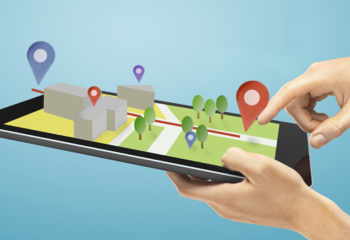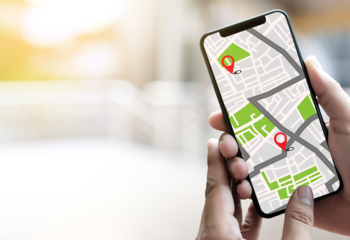Code the Streets
Cities worldwide are working on how to use digital tools to improve the use of public space. In the AMS Code the Streets project, cities, mobility providers and research institutes have worked on created a digital street map, which includes societal values for route optimization. Sharing information (by cities) on the desired use of streets to mobility providers can help to create more liveable, safer and sustainable spaces. Moreover, it can provide security by helping to influence the behaviour to e.g. avoid school zones at certain times. This project is funded by EIT Urban Mobility.

